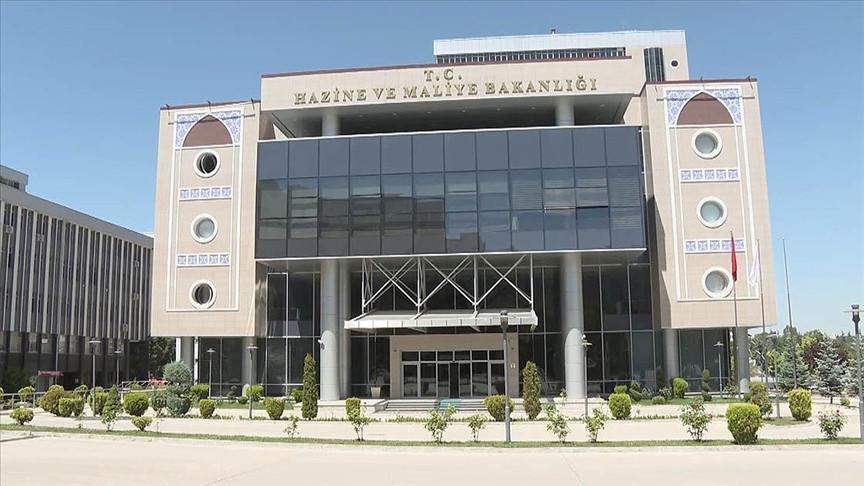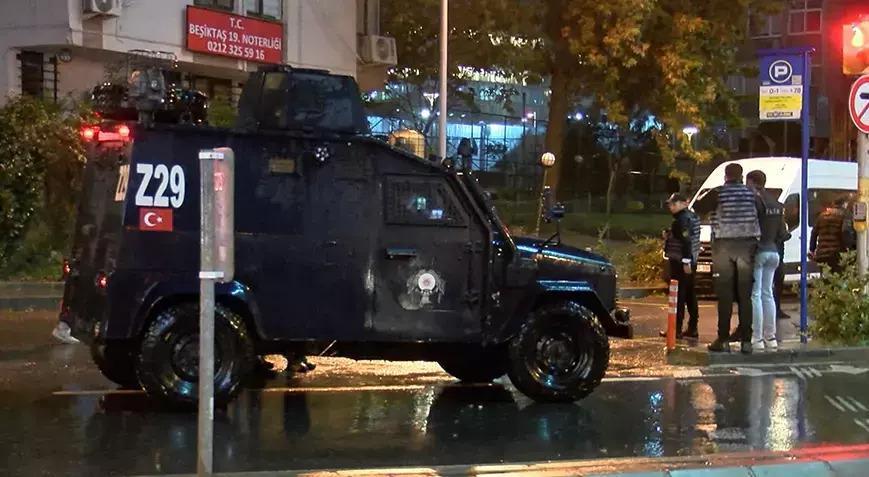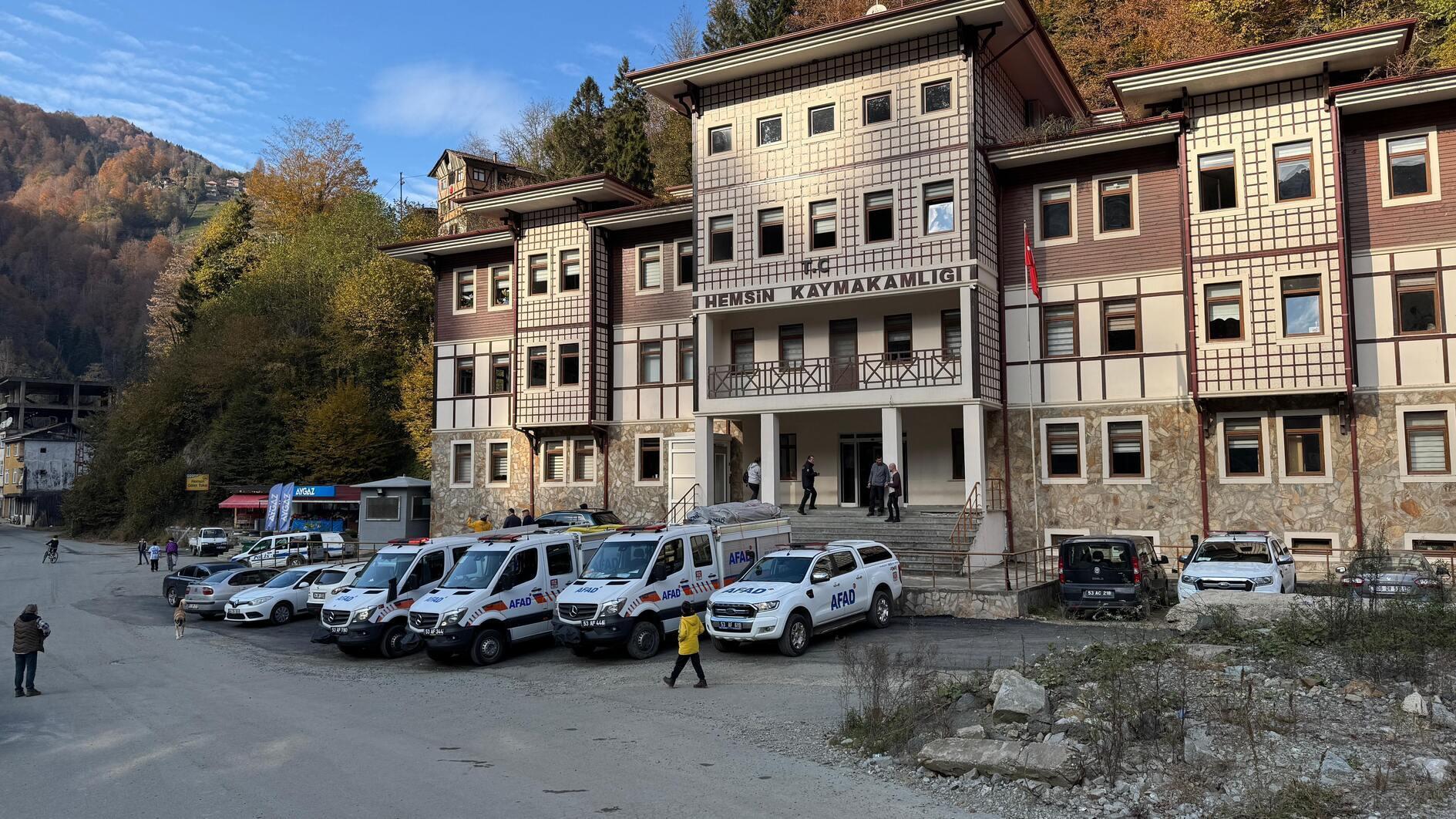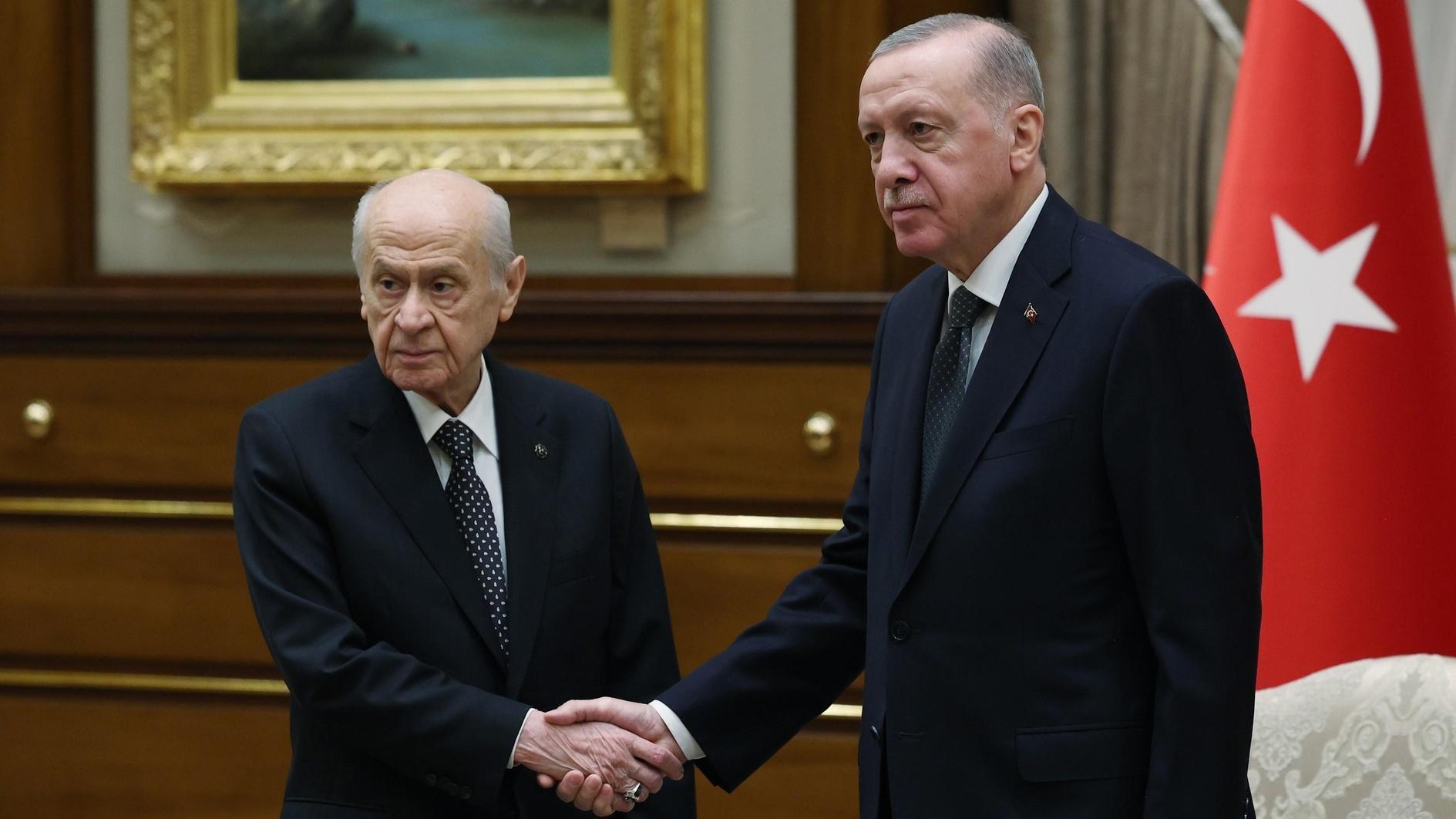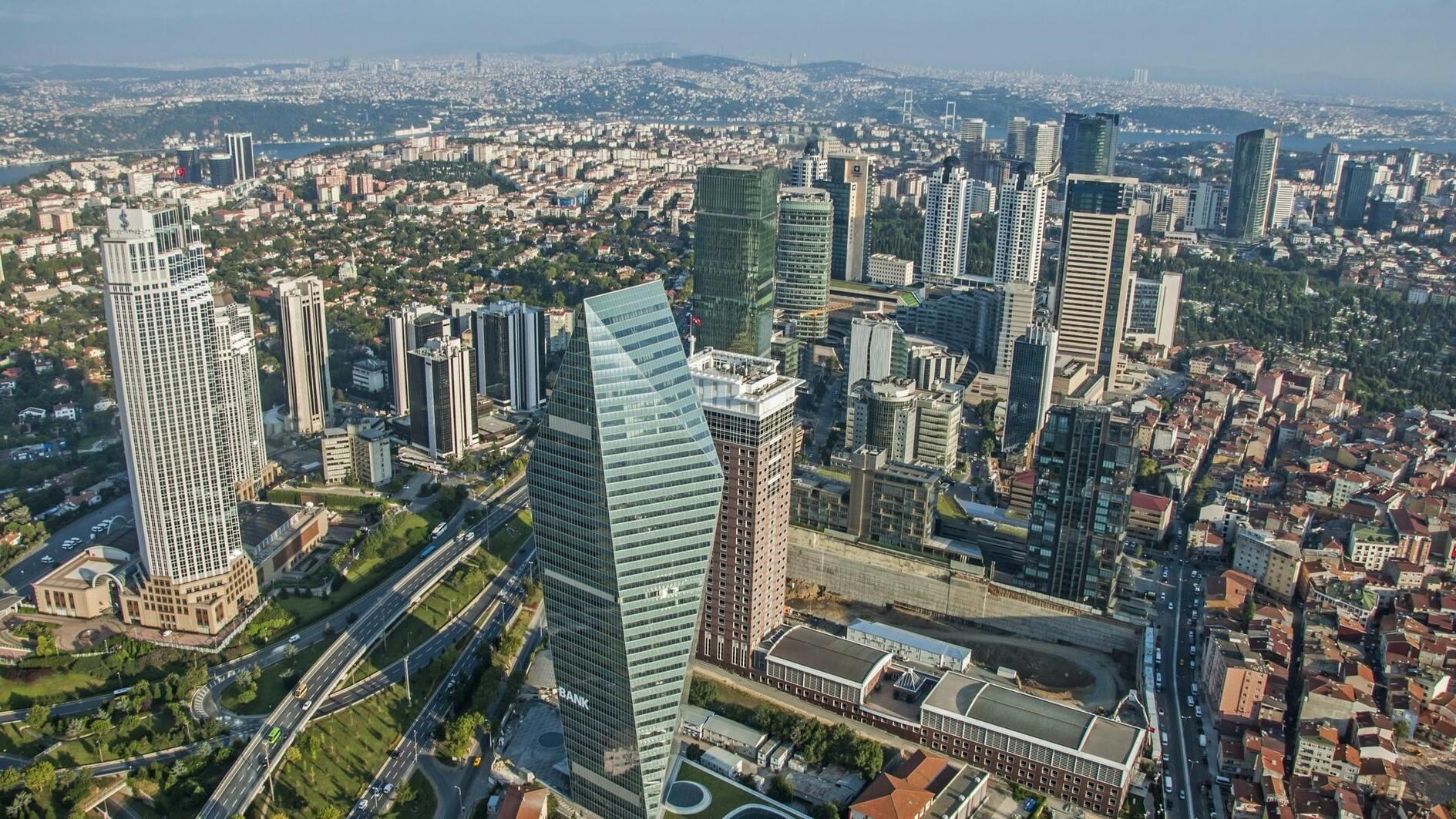Why are the Patriots being pulled back?
We know the official explanations by the U.S. and Germany for pulling out their Patriot missile batteries from Turkey. Washington says its Patriots will be deployed to the U.S. for upgrading, and adds that if needed they can be back in a week. Germany says the nature of the threat to Turkey from Syria has changed, and that the current threat is from jihadists rather than the regime of Syrian President Bashar al-Assad. This is likely to be the real thinking behind the U.S. decision too.
According to the New York Times, Turkish officials were “livid” when told of the U.S. decision. If true, this indicates that Ankara was not prepared for this development. Many argued from the beginning that the deployment of the Patriots in 2013 was more of a political than a military move. These were ostensibly sent to protect Turkey against attacks by the Syrian military, especially with missiles carrying chemical warheads.
This deployment was not accompanied, though, by any visible preparations aimed at educating people in the region against such an attack. There were no drills, no appointed gathering points and no building of shelters. This suggests that the possibility of a missile attack by the Syrian regime was not even considered very high by Turkey.
The Islamic State of Iraq and the Levant (ISIL), on the other hand, had not emerged as a major threat yet in 2013. Ankara clearly asked for the Patriots to increase pressure on al-Assad by showing that Turkey had NATO on its side. NATO, for its part, had to respond to Turkey’s request since it would have looked bad for the alliance to turn it down.
So the Patriots came, and sat there waiting for attacks that never came. Meanwhile, the Justice and Development Party (AKP) government’s obsession with toppling al-Assad continued unabated. Al-Assad, however, spoiled the AKP’s plans for Syria by refusing to be toppled. This led Ankara to desperate measures, such as backing radical Islamists in the hope that they would bring him down.
That is the point at which Ankara and its NATO allies began to diverge, especially after ISIL emerged as a major force to be reckoned with. Priorities differed as jihadists posed the main threat for the West, relegating al-Assad to the background. The West also became increasingly angry with the AKP government for refusing to pull its weight against these groups, preferring instead to remain focused on al-Assad.
After the Syrian Kurds entered the fray as allies of the West, matters got more complicated in relations between Ankara and its NATO allies. The loss of the AKP’s parliamentary majority in the June 7 election, and the manner in which the government of Prime Minister Ahmet Davutoğlu allowed matters to get out of hand vis-a-vis Turkey’s Kurdish problem, aggravated matters further.
Turkey and its allies diverged on the Kurdish issue also, especially with regards to Syrian Kurds. Turkey’s massive air campaign against outlawed Kurdistan Workers’ Party (PKK) targets in Iraq was not greeted with great pleasure in the West either, even though Ankara’s allies conceded Turkey’s right to respond to PKK attacks.
The suspicion today in the West is that the AKP is using the Kurdish issue, and the rekindled fight against the PKK, to shore up its domestic support in the lead up to what appears to be imminent early elections. The U.S. and Germany, however, want Ankara to remain focused on ISIL, and not to use the fight against this group as a cover to strike at the PKK, and to undermine the Kurdish peace process in Turkey, which will only cause more regional instability.
In short, the U.S. and Germany don’t want to appear complicit in the AKP’s plans, which clearly involve increasing tensions with Kurds in Turkey and Syria. Protecting Turkey with their Patriots at a time when Ankara is aggravating the Kurdish issue and not toeing the line on ISIL is obviously not something they were comfortable with. It is not hard to figure out the true reasons behind the decision by Washington and Berlin concerning their Patriots.



